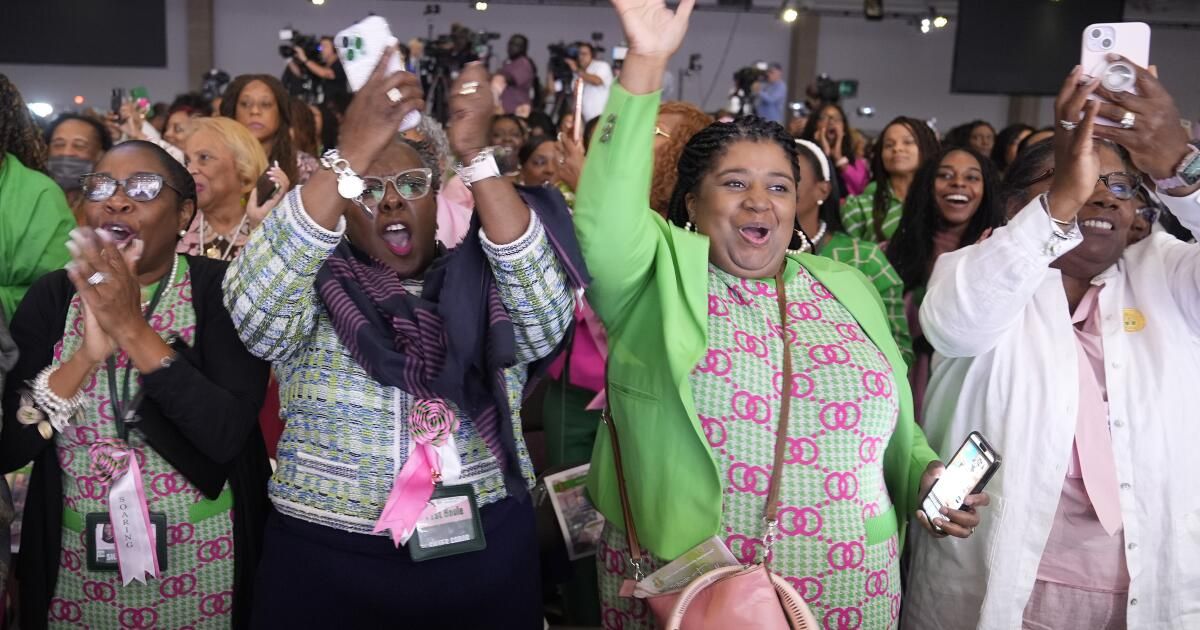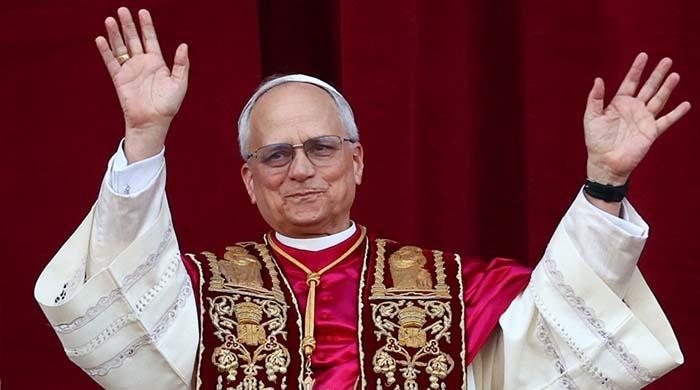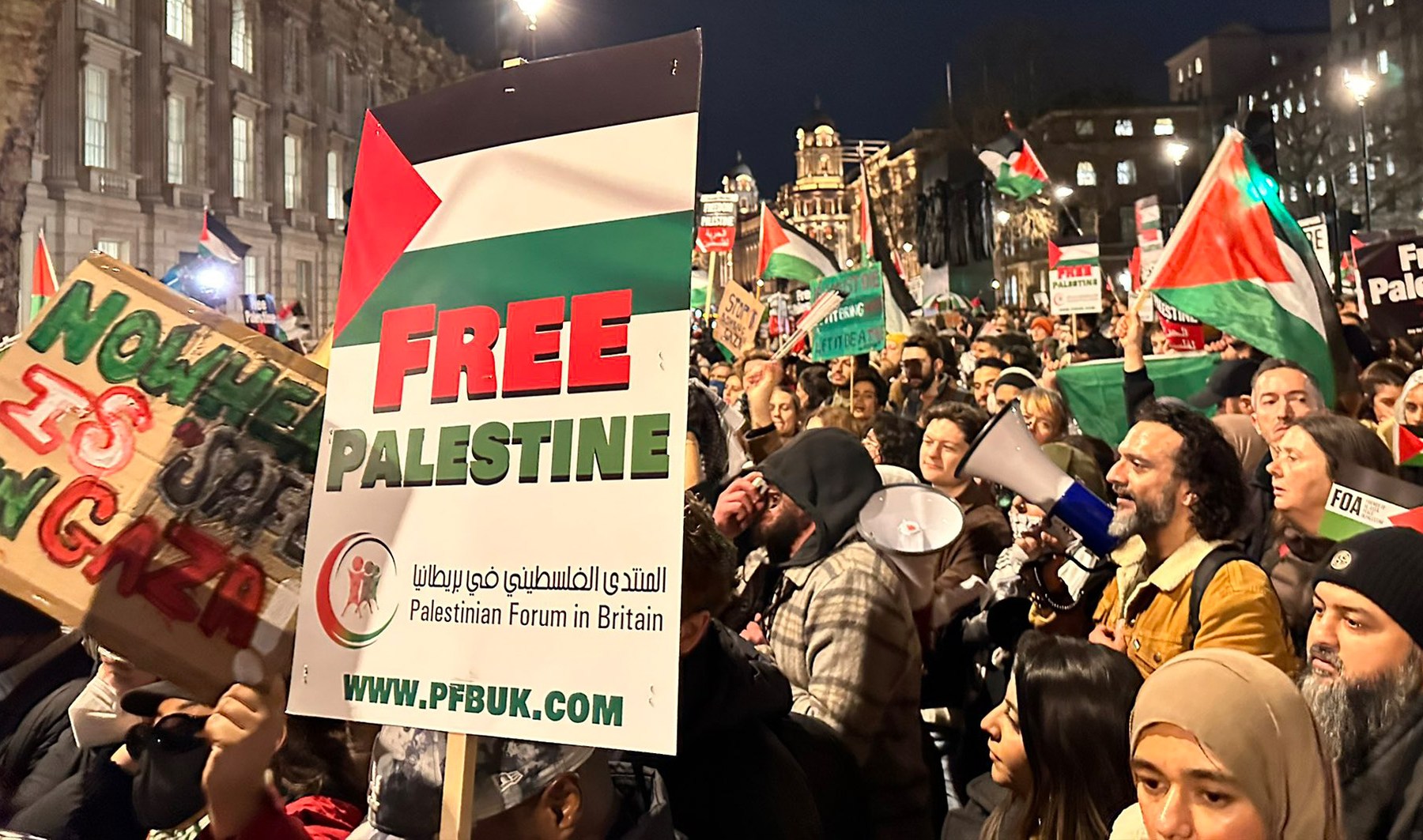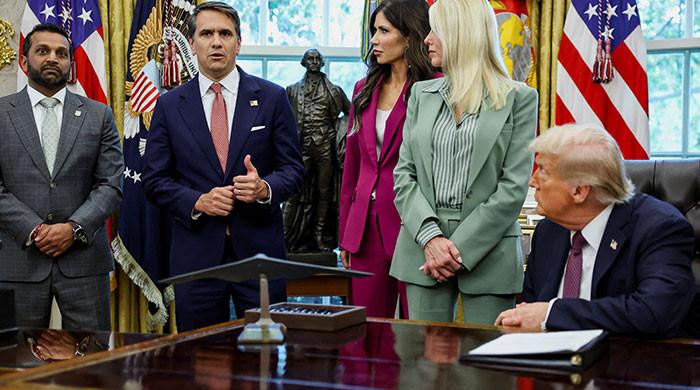Black women have long been considered the Democratic Party’s most loyal and steadfast voting bloc. Still, their vote cannot be taken for granted, and if you want to understand the opportunities and challenges facing Kamala Harris in her race to the White House, consider two Black women: Robyn Donaldson and Shaquita Jones.
Donaldson embodies the energy and hope that many Black women felt when President Biden announced he would not seek reelection and endorsed Harris to lead the Democratic ticket. When she heard the news, she screamed and ran around her mother’s home in Chicago.
A crowd of black women, including California Rep. Maxine Waters and Beyoncé’s mother, rushed to support Harris. “Ahahahaha come on,” rapper Cardi B posted on X.
But some, like Jones, aren’t so sure. “I don’t know much about her,” said Jones, 35, a manager at a Krispy Kreme in Atlanta’s historically black West End neighborhood. “I’ll have to look into it.”
Donaldson, a grassroots organizer who has spent two decades mobilizing volunteers to get people to vote Democratic, has no such qualms.
Although she still planned to vote for Biden and had campaigned for him in 2020, the 40-something yoga teacher with experience in the field felt let down, she said, after he failed to uphold his duty to uphold voting rights. This year, she decided she would vote early by mail and then do “nothing.”
But when Biden endorsed Harris on July 21, she got to work, conspiring with other Black women to mobilize a flood of new volunteers to donate, work phone banks, knock on doors, serve as poll workers or precinct captains.
“I’m all for Vice President Harris,” he said. “The energy and enthusiasm has gone from zero to a thousand!”
Vice President Kamala Harris is greeted before speaking at the Alpha Kappa Alpha sorority's annual convention in Dallas on July 10.
(LM Otero / Associated Press)
Jones also voted for Biden in 2020, but had decided she would not vote for him again.
According to Jones, the Biden administration had done little to improve her life. Her monthly rent had risen from $875 to $1,600 over the past four years. Her wage — $20 an hour — had not changed.
“Everyone is going through economic difficulties,” he said.
Jones said she hoped Harris could offer something different than Biden and Trump and help black Americans a little more. But supporting Harris? She wasn't sure yet.
In 2020, more than 90% of Black women voting supported the Biden-Harris ticket. In the key swing state of Georgia, Black women played a pivotal role in turning the state from Republican to Democratic: they registered college students to vote and canvassed, sometimes waving signs on street corners.
But Biden's victory here was slim — he won by just 11,779 votes — and recent polls showed him trailing former President Trump by 5.9 points.
While the prospect of Harris as president has inspired many Black professionals, activists and sorority sisters to volunteer, donate and share memes of the vice president as Wonder Woman, the mood is more tepid among some blue-collar workers like Jones — women struggling with rising rents and food prices.
School starts next month, and the single mother of two said she had a more pressing question than who to vote for: “Am I going to pay my bills or buy my child new uniforms?”
An analysis of interviews with female voters published this month by KFF found that 14% of Black women who voted for Biden in 2020 said they did not plan to vote in the 2024 presidential race, and 8% said they would vote for Trump.
Less than half of black female voters ages 18 to 49 said they were “absolutely sure” they would vote.
Newsletter
Get the LA Times Politics Newsletter
In-depth perspectives on legislation, politics and policy from Sacramento, Washington and elsewhere. In your inbox three times a week.
You may occasionally receive promotional content from the Los Angeles Times.
About 53% of black women who voted in KFF polls said inflation and rising household costs were the most important issues. Only 12% of black women who voted identified abortion and 18% identified threats to democracy as key issues.
Still, Harris has certainly enthused key members of the Democratic base.
On the day Biden endorsed Harris, more than 44,000 Black women and allies from across the country logged on to Zoom for an event organized by Win With Black Women, an intergenerational collective of Black women. Organizers said they raised more than $1.5 million in three hours.
Kerry L. Haynie, a political science professor at Duke University, said the prospect of Harris's candidacy had created a “buzz” in the Democratic Party that had not been felt since Barack Obama ran for president in 2008.
After Biden dropped out of the race, Haynie received a call from her 85-year-old mother: “Can you believe it's going to be a black woman running?”
Then his 22-year-old daughter, who was not very enthusiastic about Biden, called him: “Have you seen the news?” She thought it was a great gesture.
Harris's rise appears to excite even grassroots activists who have come out in droves in recent weeks to defend Biden.
On July 13, LaTosha Brown, co-founder of Black Voters Matter, condemned “the hyperbolic, coordinated, and well-funded dissent” led by white politicians, pundits, and donors to remove Biden from the race. She said a Biden withdrawal would be a “risky and ill-prepared move that can further fragment the vote and add confusion to the process for voters.”
But on July 21, Brown was stunned when one of her older cousins ran into the living room during a family gathering in Norcross, Georgia, to announce that Biden had dropped out and endorsed Harris.
Some family members cheered. “Oh God!” one shouted. “We can win!”
Over the next 24 hours, Brown's phone was filled with calls and texts, not just from the usual grassroots organizers, but also from friends who rarely or never volunteered.
After logging into the Win With Black Women Zoom session, Brown was too excited to sleep. Her phone kept ringing off the hook as she tried to get to bed, so she ended up organizing an impromptu meeting with activists and staying up past 3:30 a.m. to talk about Harris’ chances of being president.
“This is just what we needed,” he said. “It looks like we have a clear path to victory.”
Some black women fear that their fellow Americans are not ready to elect a black woman president to the nation’s highest office. Many expect Trump, who mocked and dismissed Clinton in 2016 for playing “the woman card,” to launch sexist attacks against Harris.
But eight years after the contest with Clinton, Brown argued that a misogynistic playbook wouldn't work as well. Women, she said, became active after the Supreme Court overturned Roe v. Wade.
“My grandmother had a saying: ‘What the devil means for your evil, God will use for your good,’” Brown said. “What Trump often does is try to berate women and degrade their character… He may see his gender as a burden, but I think it’s a blessing. If ever America needed a woman to steer the ship, it would be now.”
Still, some Black women resist calls to support Harris just because she is a Black woman.
Joi Jenkins, a food preparation worker at a juice bar in Atlanta, said she voted for Biden in 2020 in the hope that with Harris as his supporter, he would represent not only the common man but also those most in need. She said she would not make the same mistake again.
“Just because she’s a black woman doesn’t mean she has any loyalty to me as a person,” Jenkins said.
The Biden years had been tough for Jenkins: In 2021, she lost her home and her health consulting business and was forced to send her children to live with her ex-husband. After a long period of sleeping on the couch at home and outside in her truck, the 44-year-old had a job that paid $13 an hour but struggled to make $370 a week hopping from Airbnb to Airbnb.
Jenkins said she thought Harris had been used by Biden.
“I don’t know if, if push came to shove, I would want her to run the country,” Jenkins said. “I honestly don’t think she would be capable.”
Instead, Jenkins said he was leaning toward voting for “that ridiculous orange human.”
Harris also faces the challenge of appealing to young, left-leaning voters who are disillusioned with the Biden-Harris administration’s staunch support for Israel’s war against Hamas in Gaza and skeptical of her record as a tough-on-crime prosecutor in California.
Brionte McCorkle, 32, executive director of Georgia Conservation Voters, said she had long been wary of Harris because of her record as a prosecutor. In 2020, she supported Bernie Sanders instead of Harris.
“The criminal justice issue, the incarceration of black people for marijuana, is a very important part of the corrections process,” McCorkle said. “I really didn’t like that kind of approach from the pro-law-and-order candidates.”
But not voting was not an option. McCorkle learned her lesson in 2016, when she decided not to vote for Clinton — “I literally thought at the time, ‘How bad can it be?’” — and watched the country descend into “absolute chaos” as Trump dismantled government programs and rolled back environmental protections.
But that was then. Today, it wasn't as stressful (as if he were carrying water) to urge people to vote for Harris.
“Is she a perfect candidate?” McCorkle asked. “No. Is she that much better than Trump and Biden? Absolutely.”












